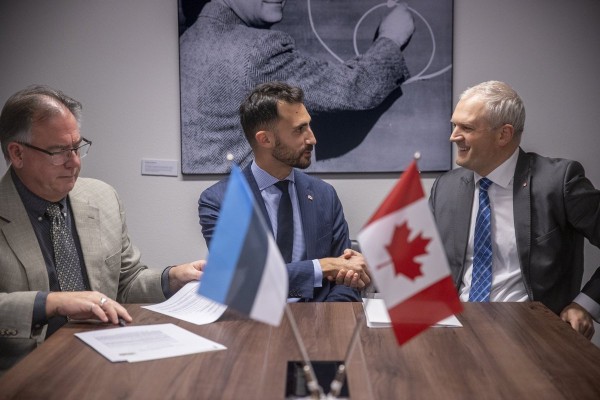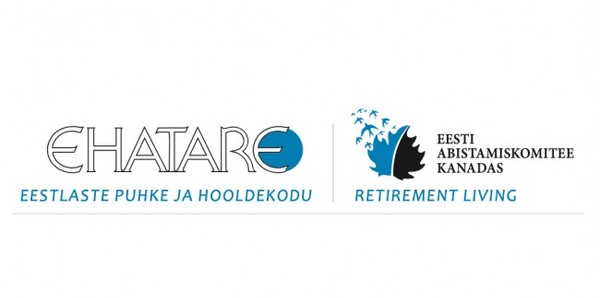During the cold war, these gatherings were convened in Moscow often under the banner of ‘friendship’ or ‘peace’. Now Toronto has hosted all three “World Congresses of the International Council for Friendship and Solidarity with the Soviet People” [sic], the last one just two weeks ago.
A successor to the old USSR-Canada Friendship Association, the International Council has been the organizer of these congresses, the first two in 2001 and 2005. At the last one some 32 delegates participated, mainly from Canada and the U.S., but also from Russia and the U.K. One prime goal of the Council and its affiliated organizations is the revival of the Soviet Union.
It wouldn’t be far-fetched to compare the International Council with the Comintern, known otherwise as the Communist International, or the Third International. Established in Moscow in 1919, its aim was to fight “by all available means, including armed force, for the overthrow of the international bourgoisie and for the creation of an international Soviet republic as a transition stage to the complete abolition of the state”. It was dissolved in 1943.
While the literature of the International Council does not espouse armed struggle, its hyperbole echoes similar fervour: “Serious debate and study must occur, including the works of Marx, Lenin and Stalin. We must understand the uneven development of the economic [sic] and politics of the capitalist countries. ... The orientation of the Friendship Societies must be resurrection of Socialism and of the USSR. ... We must not stray from this noble task! Unity is the key!”
A delegate from Russia, Viktor Bourenkov, chair of the Soviet Friendship Society for Friendship with the Peoples in Foreign Countries, emphasized the need to fight for the rebirth of the Soviet Union. While it is known that his Society has contacts with the Cuban embassy in Russia it has derision for Gennady Zyuganov, leader of Russia’s mainstream communists who lack the hard-line committment in advancing their cause. For the Congress’s participants Zyuganov errs gravely in extolling Stalin only for his war-time leadership and dismissing him for his achievements as a Marxist theorist.
The International Council in based in Toronto’s Friendship House, the Queen Street West long time home of the Council’s pre-cursor the USSR-Canada Friendship Association. There is an Estonian connection with this place. It was the venue for receptions for visiting delegations of the Society for Cultural Ties with Estonians Abroad (VEKSA). It was also known to have been the locale where officials of the Soviet embassy in Ottawa under diplomatic cover used to meet Toronto visitors. Two of these officials were of Estonian heritage and were declared persona-non-grata for attempting to recruit, with an embassy team, members of Canada’s intelligence services in the late 1970s.
The congresses and the home of the International Council has elicited little public attention. In spite of Vladimir Putin’s claim that the greatest disaster of the 20th century was the collapse of the USSR, the revival of the Soviet Union has not been considered to be a realistic scenario in the world press. A lackadaisical attitude toward Soviet die-hards seems to be in order.
But to those who mourn the killing of tens of millions of innocents and the pro-longed agony of those held in totalitarian captivity for generations, even a rump revivalist movement promoting a resurgence of Soviet power is morally disgusting. Similar groups, however tiny, openly advocating the return of Nazism and idolizing Hitler, have either been declared criminal or at least shunned.

Fellow travelers, welcome to Toronto, headquarters for the new ‘Comintern’
Arvamus
TRENDING
























